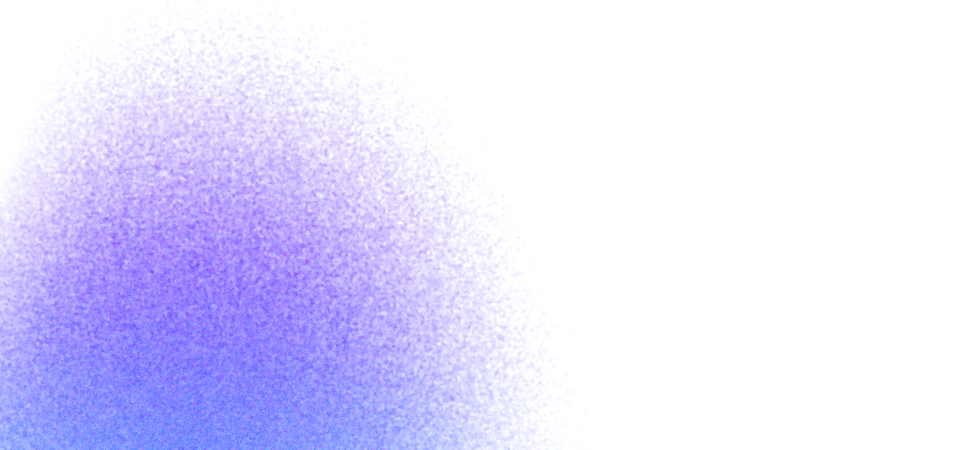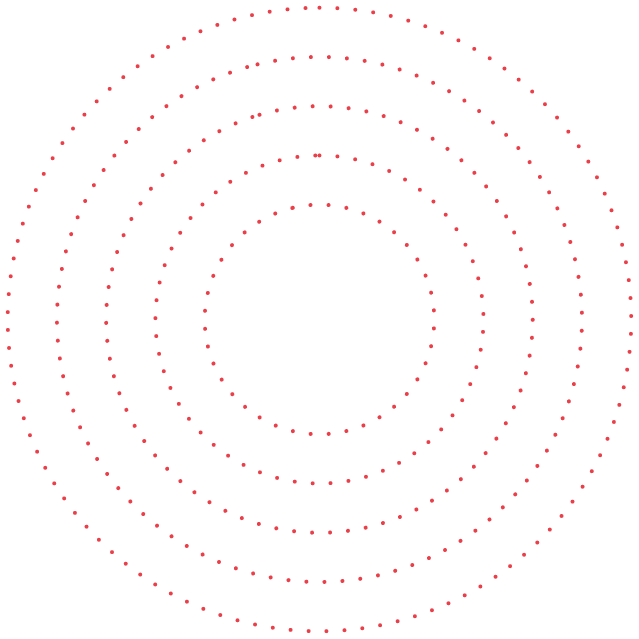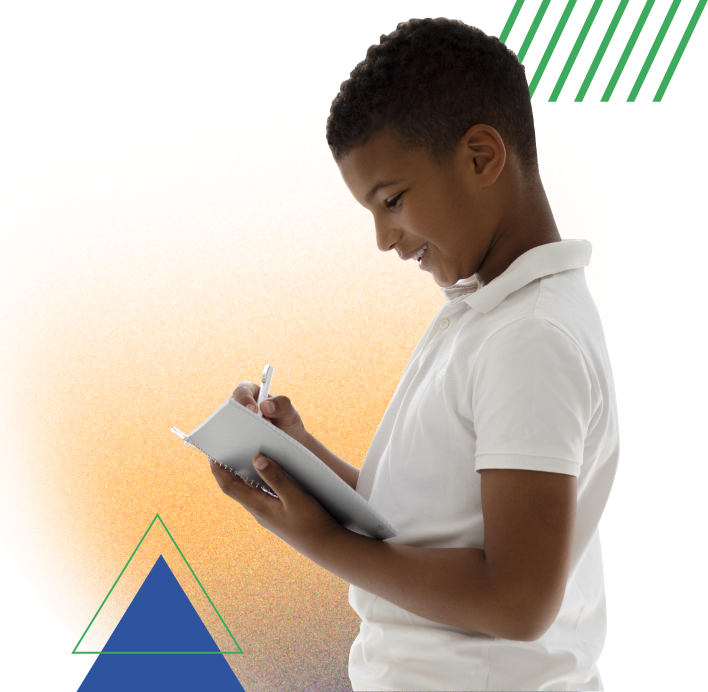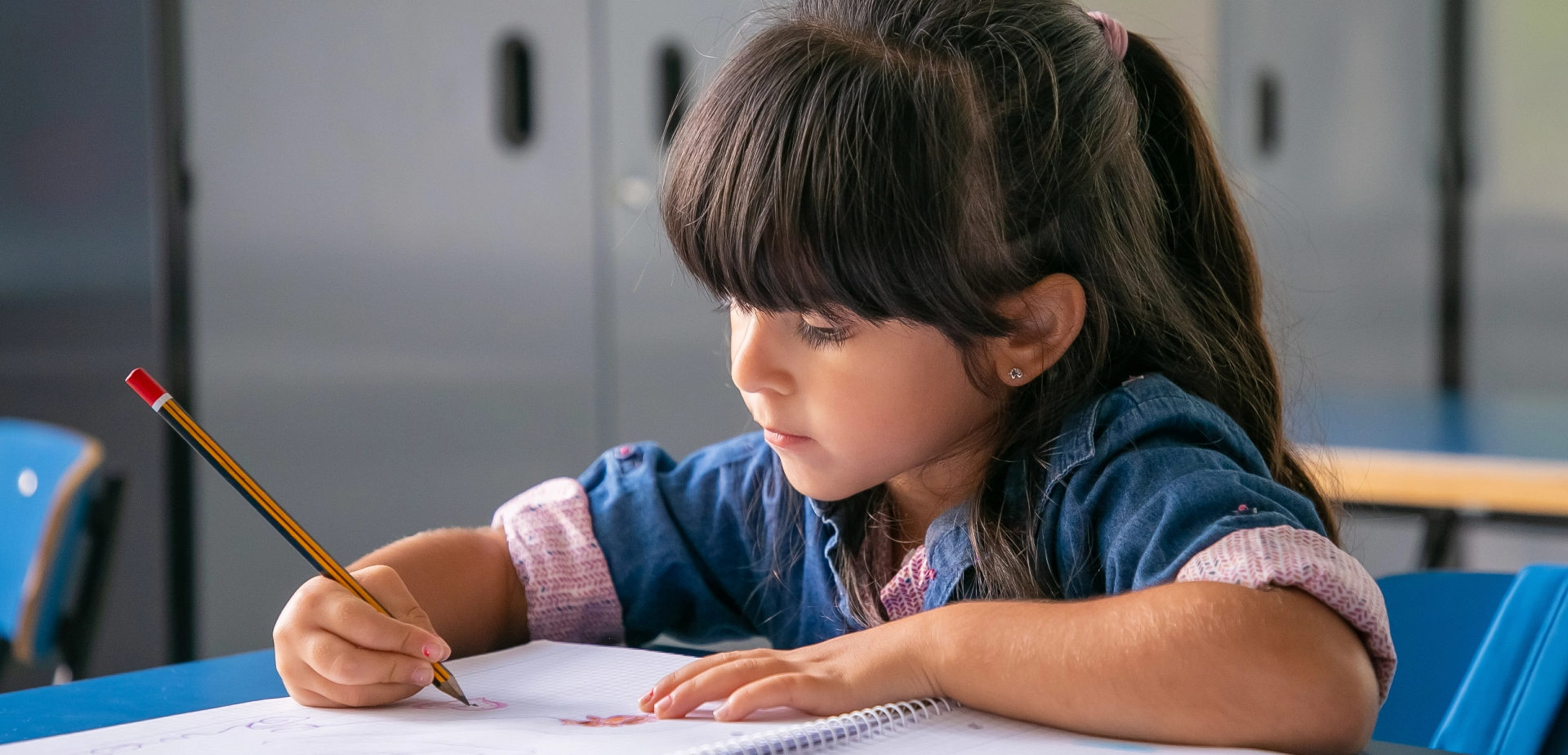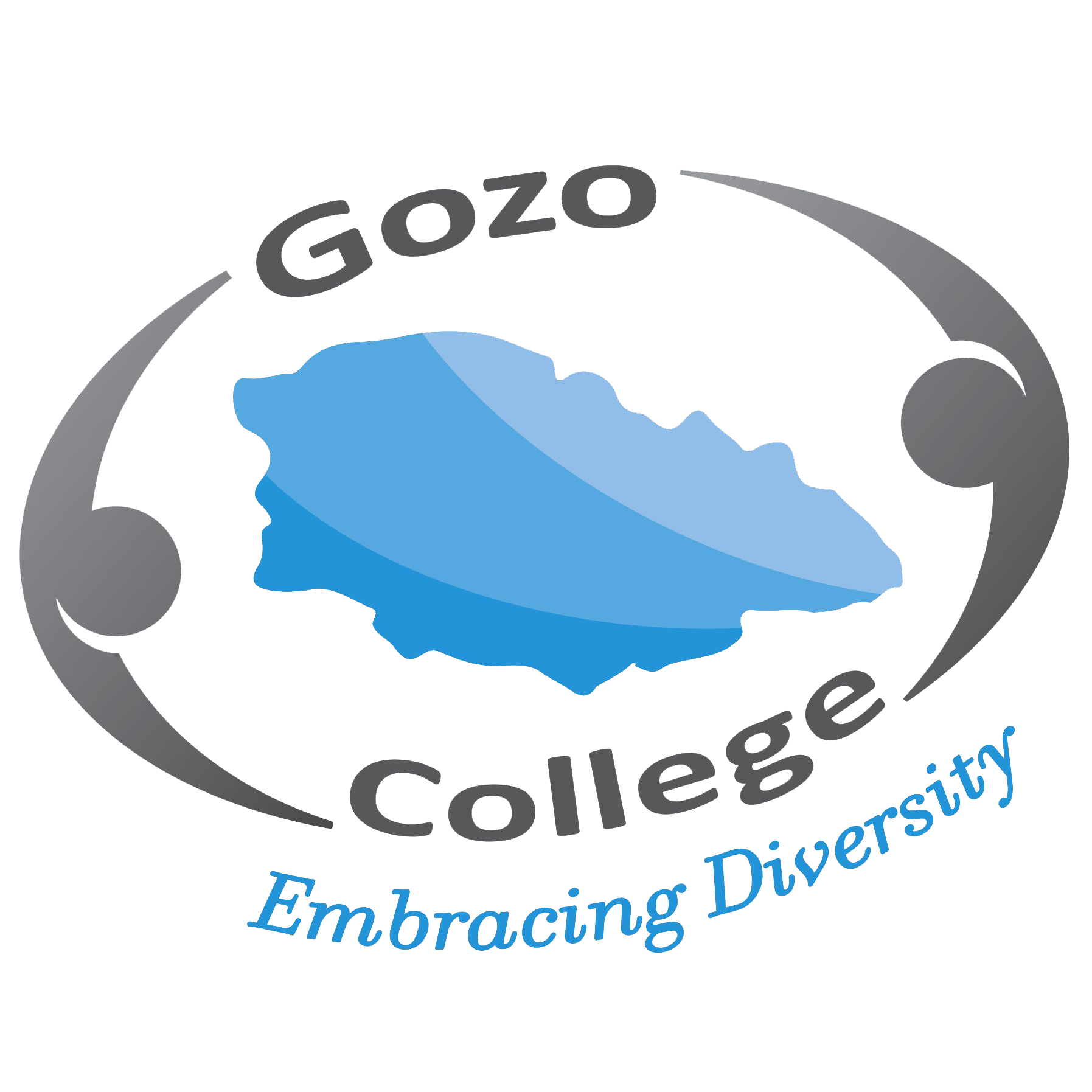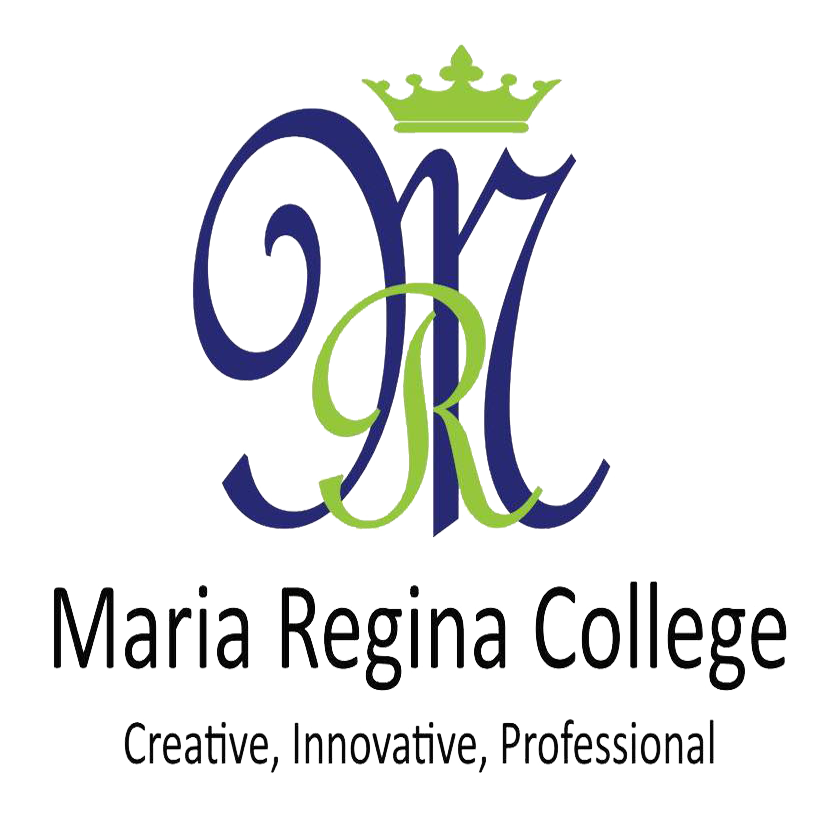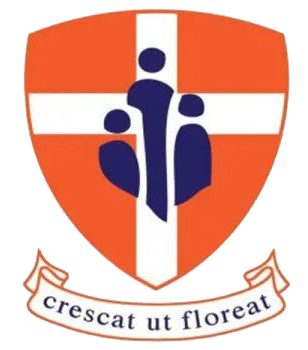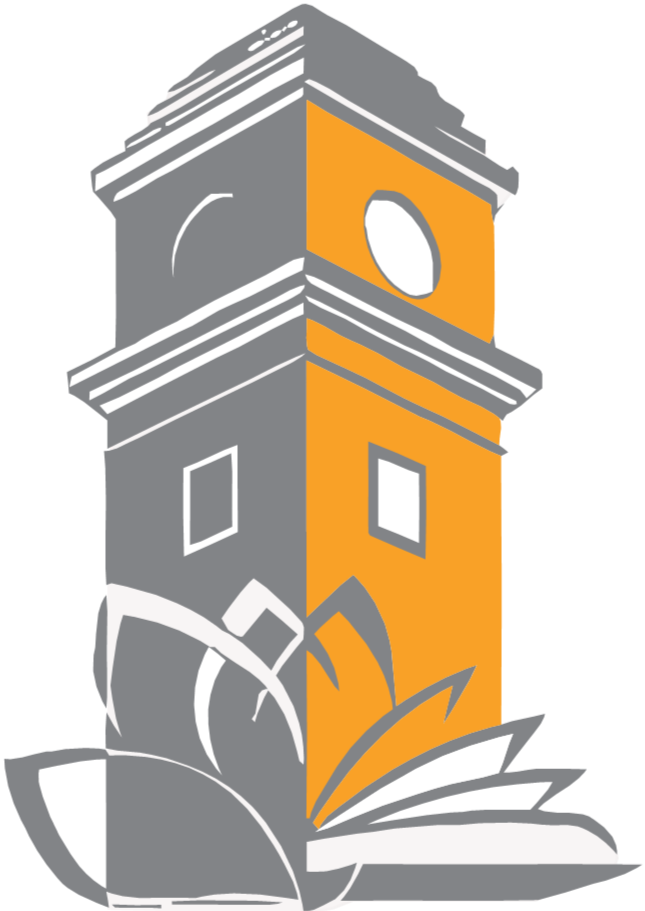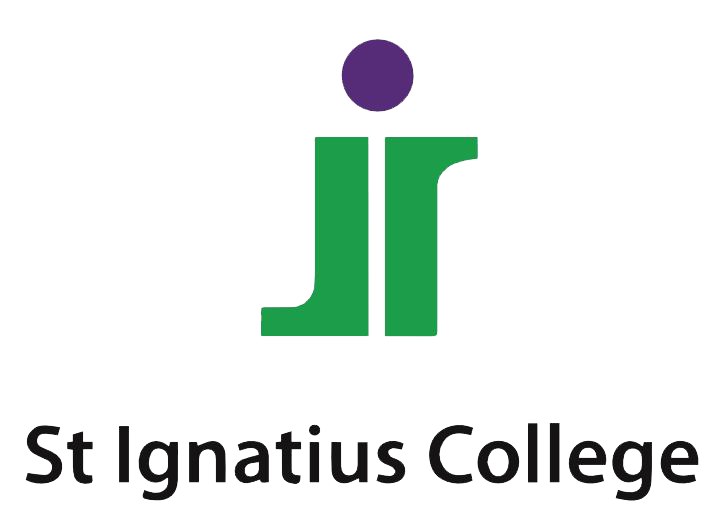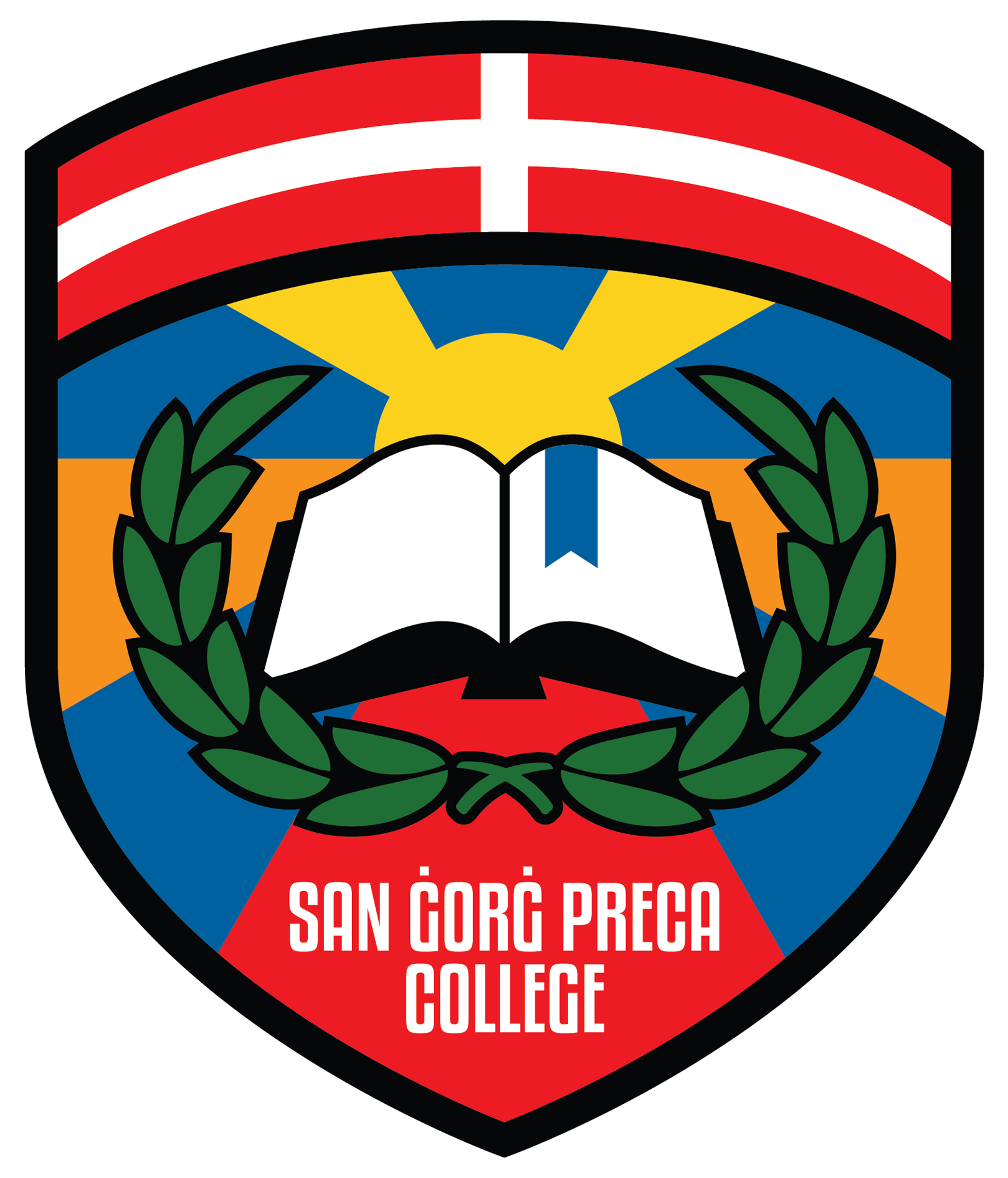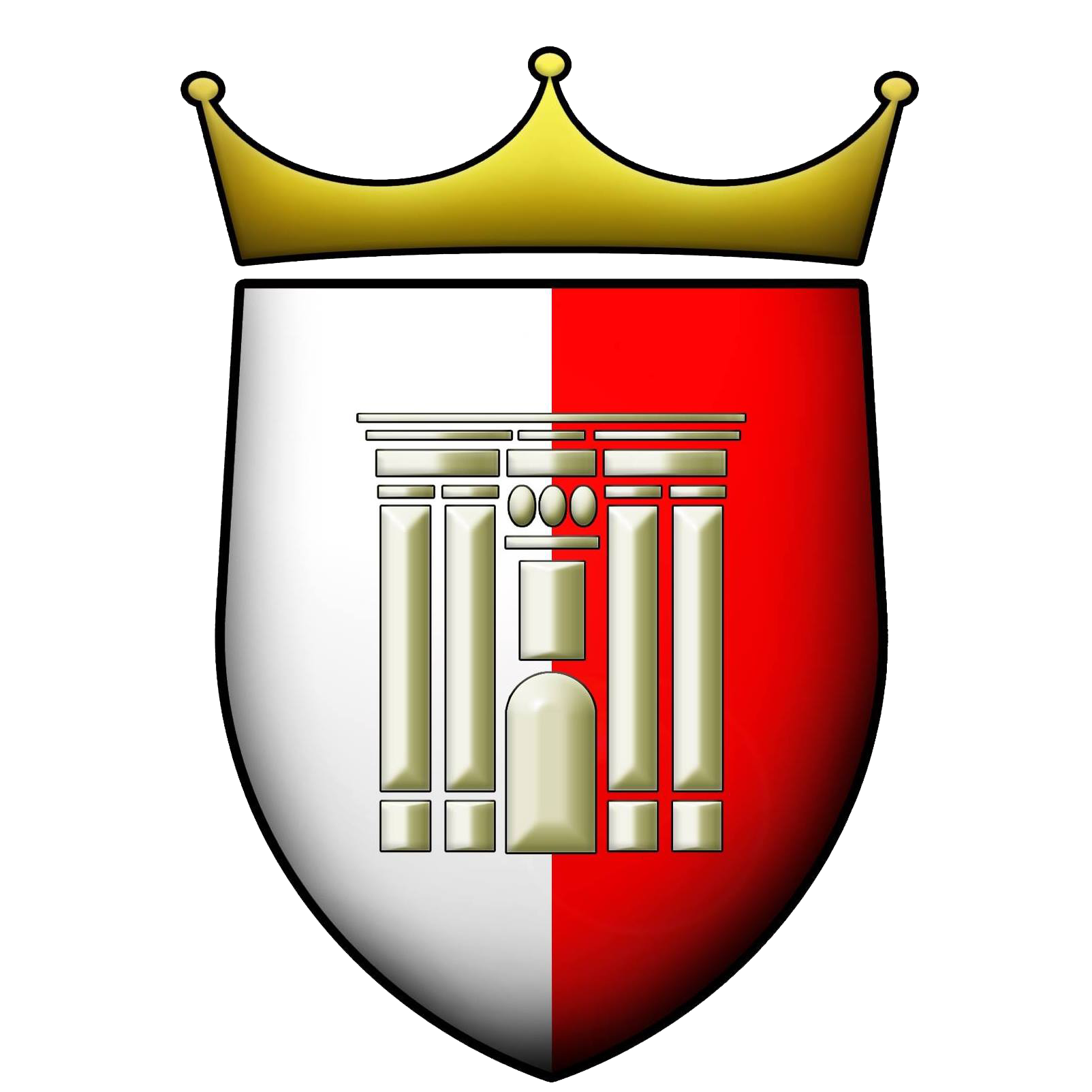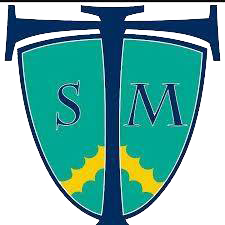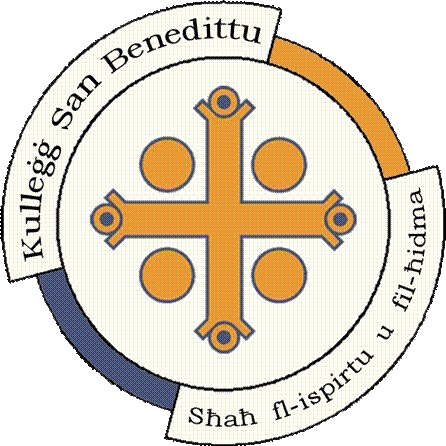After primary school, students move on to two years (Years 7 and 8) in a middle school, at the end of which the learner then passes on to secondary school (Years 9, 10 and 11). At the end of Year 8, students are asked to choose two (2) optional subjects in which they wish to specialise in the senior school. There are various optional subjects which are offered amongst which are found: Art, Biology, Business Studies, Computer Studies, Chemistry, Design and Technology, Engineering Technology, European Studies, Geography, Graphical Communications, Health and Social Care, History, Home Economics, PE, Textile Studies, and a foreign language.
In some senior schools, Ethics is also offered to those students who did not follow Religion lessons at Year 7 and Year 8.
In Years 9 - 11, besides two (2) of the above chosen optional subjects, students are taught a number of subjects, as follows: Maltese, English, English Literature, Maths, Religious Education, Social Studies, History, Geography, Physical Education, Physics, ICT, Personal and Social Development and a foreign language which would have been chosen at Year 7.
Vocational subjects have also been introduced in secondary schools. These subjects are directly related to the work place. Students will be assessed on the theory and even on the practical skills that they would have learnt during the course. The vocational subjects offered by SEC in Malta are: Agribusiness, Health & Social Care, Engineering Technology, Hospitality and Information Technology.
Currently, not all subjects are offered in all schools. Each subject is divided into three units, unit one is covered in Year 9, unit two in Year 10 and unit three and Year 11. Vocational subjects are continuously assessed by means of two assignments and a controlled assessment for each unit.
The assignments are prepared by the respective educators and can be done as homework while the controlled assessment is prepared by members of SEC and has to be carried out at school under examination conditions.
At the end of Year 11, students obtain their Secondary School Certificate and Profile. This is a document showing what they have covered during compulsory education. Students finishing their Secondary Education cycle may qualify to receive a Certificate at Level 1 or Level 2 of the Malta Qualifications Framework (MQF) and of the European Qualifications Framework for Lifelong Learning. This will further emphasise the profiling aspect of the SSC&P thereby giving a clearer picture of what the student has accomplished and participated in during the secondary cycle.
For students to acquire Level 1 or Level 2 in the SSC&P they must satisfy the following:
1. Percentage attendance for EACH scholastic year (since Year 7) will be included in the certificate.
2. It is recommended that they have Five (5) non-formal activities spread over any three separate years. These activities will give a clear picture of the student and so will be beneficial during an interview for work.
3. A pass in the year 11 examinations in: Mathematics, English, Maltese and the best of a Science Subject.
Throughout the three years at senior school educators ensure that all students are empowered to reach their full potential. Furthermore, the main academic aim for all the students is the SEC exams, as they would then need to proceed to Post-Secondary education.
